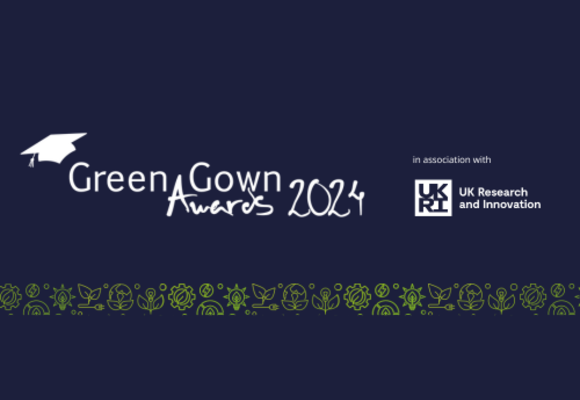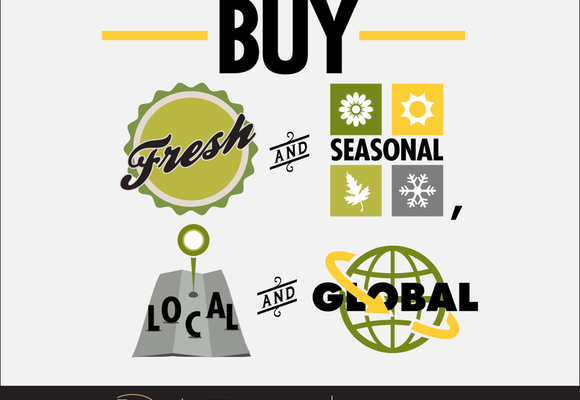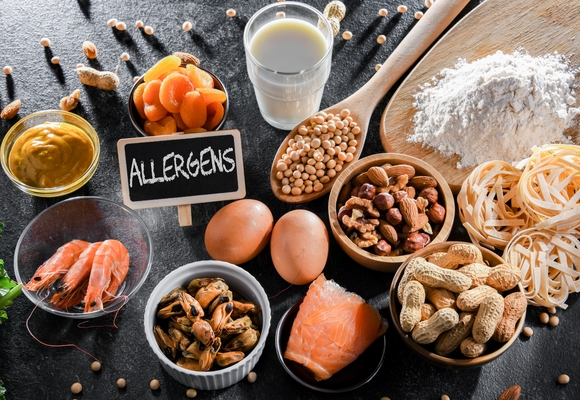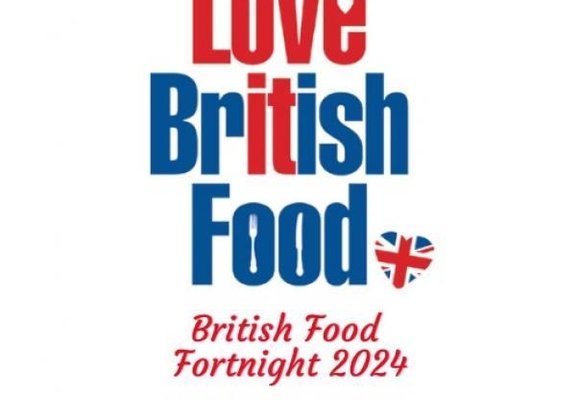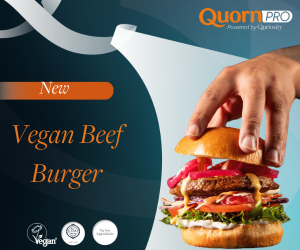It is important we understand why we need to reduce our use of plastics, or, where we can’t, learn how to dispose of them correctly. Making these changes will not only have a positive impact on your sales (as studies show that eco-friendly brands are viewed more favourably by consumers), but also on the planet.
Plastics are used in all sorts of positive ways; protecting the food we buy and preventing it from becoming waste before it reaches our kitchens and fridges. However, for all the positive applications and uses of plastic there are many that are problematic or unnecessary, exacerbating the issue of plastic waste in the natural environment. WRAP say plastic packaging placed on the market in the UK totals 2.4M tonnes, and flexible plastics in the UK account for 25% of consumer packaging, yet we only recycle 4%.

TUCO have long been supporters of WRAP and encourage everyone in the industry to take a look at the work they do to encourage sustainable businesses and communities. The UK Plastics Pact, led by WRAP, brings together businesses from across the entire plastics value chain with UK governments and NGOs to tackle the issue of plastic waste. The Pact unites businesses involved in producing, selling, collecting, and reprocessing plastic to deliver ambitious targets for change by 2025:
- Eliminate problematic or unnecessary single-use packaging through redesign, innovation or alternative (reuse) delivery models
- 100% of plastic packaging to be reusable, recyclable or compostable
- 70% of plastic packaging effectively recycled or composted
- 30% average recycled content across all plastic packaging
Single-use plastics are one of the biggest issues; they often end up finding their way into landfill or littered. The UK Plastics Pack report states that a single-use plastic packaging item is problematic or unnecessary if; its use is avoidable or reusable options are available; it’s not recyclable or hampers the recycling process; or it pollutes our environment. Following this definition, they identified eight problematic or unnecessary items and materials to eliminate, which totals 22,500 tonnes:
• all household polystyrene packaging
• disposable plastic cutlery
• cotton buds with plastic stems
• plastic stirrers
• plastic straws
• oxo-degradable plastics
• PVC packaging
• disposable plastic plates and bowls.
In everyday society, the changes to eliminate these problem plastics are already underway. Many supermarkets have eliminated plastic packaging on fruit & veg and instead turned to loose produce, numerous hospitality businesses have removed plastic cutlery and replaced them with wooden alternatives, and many organisations have switched to paper straws or eliminated disposable cups – it’s a great first step.
Another way in which you can play your part, is to spread awareness and encourage behaviour change to your staff and customers. Promoting initiatives such as Recycle Week, using WRAP resources and ensuring you provide clear recycling points are all great starts. You can also look to implement plastic take-back schemes or reverse vending; a machine which accepts used containers and gives back cash to the user. Encouraging the use of reusable cups is another idea – some businesses award customers who bring their own cups, and you can clearly mark water dispensers on campus.
If you are a TUCO member, we have various ways to support you on your sustainability journey:
- We recently held an online Plastics Forum. The session looked at the Plastic Pact Road Map, discussed with suppliers how they are tackling the issues, and invited ideas and solutions from fellow TUCO members. Topics covered included takeaway packaging, new product innovation, the science around plastics, reverse vending, how you can manage plastic in your institutions, and more. TUCO members can watch the session here.
- On 15 March 2020 TUCO became an Associate member of the RSPO (Roundtable on Responsible Palm Oil) This confirms our continued commitment to support our members to purchase certified sustainable palm oil and another step on our journey to group certification. Click here to find out more about RSPO
- The TUCO website hosts a Greenhouse Gas Calculator. The free to use tool is available to all stakeholders and has been used by institutions and business alike. Students have also used and reference the tool when writing their dissertations on environment and greenhouse gas emissions. The tool allows you to calculate the greenhouse gas footprint of your menus.
- A collaboration between NWUPC, NEUPC and TUCO is now providing all TUCO suppliers with access to a free, online tool that helps them create a Sustainability Action Plan for their business. The tool is designed to support and develop the supply chain as part of an ongoing commitment to embedding sustainability in procurement process. A key feature of the tool is the inclusion of content specifically addressing the requirements of the new Modern Slavery Act, individual universities will also have the opportunity to send the tool to their own supply chains through a reduced member rate.
- TUCO are certified to the MSC Group Certification Standard and our certification company is CONTROL UNION Pesca. The Marine Stewardship Council (MSC) is an international non-profit organisation who recognise and reward efforts to protect oceans and safeguard seafood supplies for the future. They want future generations to be able to enjoy eating fish and oceans full of life, forever. MSC certification helps to meet a growing global demand for sustainable, traceable seafood, strengthens your reputation and offers new business opportunities.
Don’t forget, the TUCO community is available and on-hand if you’d like to discuss any challenges you’re facing with regard to plastics, or sustainability in general. You can also take a look at our website for upcoming professional development events centered around sustainability.
Please do not ignore the issue of plastics, especially in our industry. Unless we take decisive action, there will be more plastic than fish in our waters by 2050*.
* Ellen MacArthur Foundation and World Economic Forum
